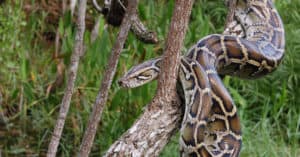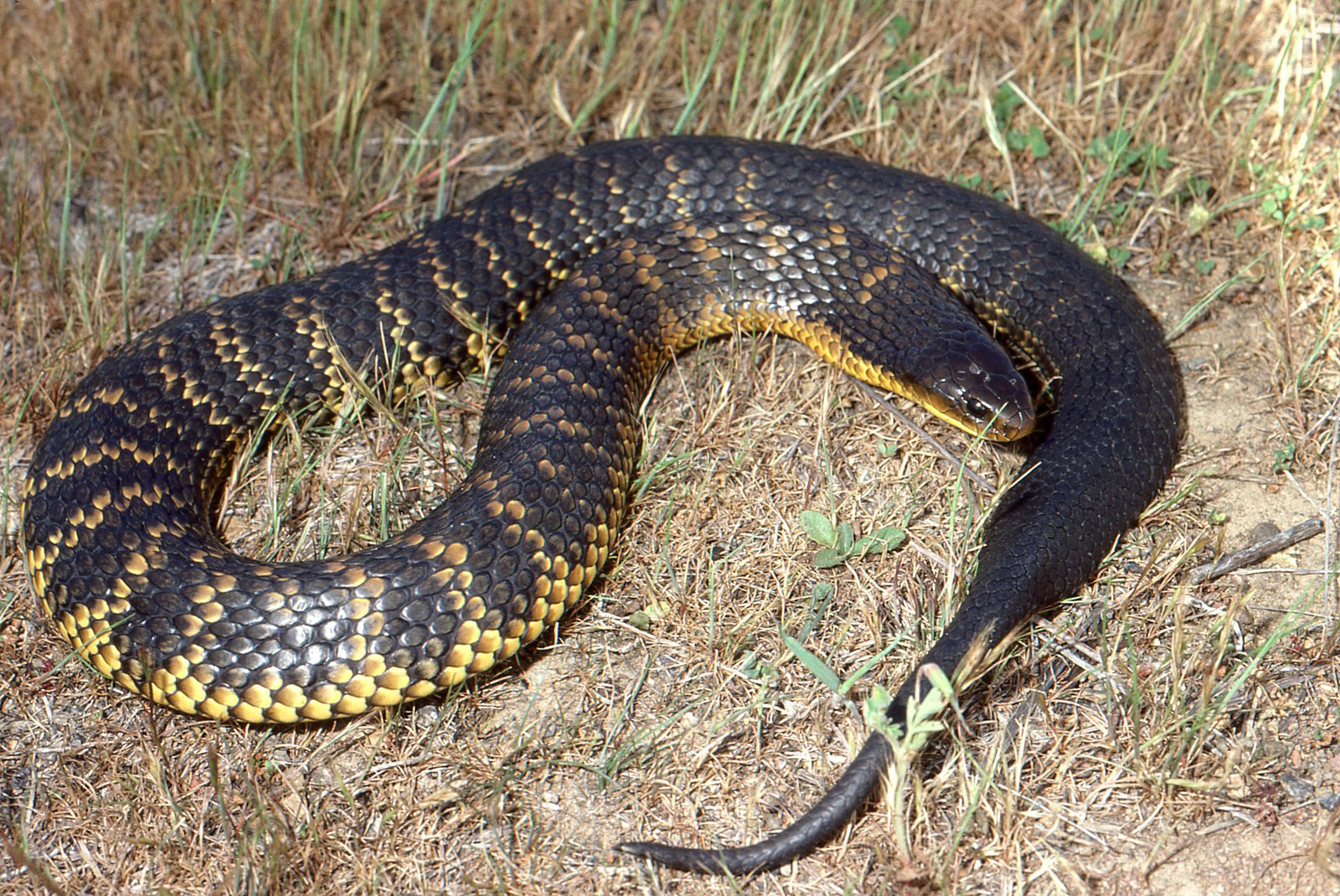Introduction
When it comes to poisonous serpents, Australia is home to a few of one of the most interesting and dangerous species worldwide. Amongst these, the Tiger Snake stands out not only for its powerful poison however likewise for its intriguing habits. Recognizing the actions of venomous snakes like the Tiger Serpent is vital for both wildlife enthusiasts and those staying in areas where these serpents exist. This article explores different facets of Tiger Serpent habits, habitat, recognition, precaution, and emergency treatment techniques in situation of More helpful hints a snake bite.
Understanding the Behavior of Venomous Snakes Like the Tiger Snake
The Tiger Snake, scientifically called Notechis scutatus, is notorious for its aggressive nature when endangered. These snakes display a range of habits that can be fairly various from their non-venomous equivalents.
Characteristics of Tiger Snakes
The Tiger Snake is conveniently well-known as a result of its distinctive bands or red stripes that look like a tiger's markings. They can vary in color from yellowish-brown to dark olive or black. This coloration serves not just as camouflage however likewise as a caution signal to prospective predators.

Adaptability to Environment
One remarkable element of their actions is their flexibility to numerous environments. Found largely in coastal regions, marshes, and marshes across Australia and Tasmania, they can grow in diverse habitats consisting of metropolitan locations.
Hunting Techniques
Tiger Serpents are ambush killers largely feeding on fish, frogs, and tiny mammals. They possess eager sight and an acute sense of scent which assists them in situating prey effectively.
Venom Composition
Their venom contains neurotoxins that impact the nervous system, leading to paralysis or death in smaller pets. For people, instant clinical focus is critical after a tiger serpent bite as a result of its possibly deadly effects.
Natural Environment of Tiger Snakes
Preferred Locations
Understanding where these Helpful site snakes reside sheds light on their behavioral patterns. The tiger snake habitat includes:
- Coastal regions Swamps Grasslands Urban locations with bountiful water sources
Seasonal Movements
During warmer months, Tiger Snakes are extra active as they indulge in sunshine or search for food. In contrast, chillier months see them pulling back into hibernation sites.
Are Tiger Snakes Venomous?
Yes! The question "are tiger snakes poisonous?" typically emerges among those unfamiliar with this varieties. Their venom is Brown Snake taken into consideration among the most dangerous among all serpent types worldwide.
Symptoms of a Tiger Serpent Bite
If bitten by a tiger serpent, symptoms might consist of:
- Localized pain Swelling at the bite site Nausea and vomiting Sweating and confusion
Immediate clinical assistance is crucial as without treatment attacks can lead to serious health complications or perhaps death.

First Help for Snake Bites: Quick Reaction Guide
Knowing exactly how to provide first aid for a serpent bite could conserve somebody's life. Here's what you ought to do:
Step 1: Continue to be Calm
Keeping calmness helps reduce heart price which minimizes poison spread.
Step 2: Incapacitate the Affected Area
Keep the impacted arm or leg still and listed below heart degree if possible.
Step 3: Call Emergency Services
Always seek expert clinical assistance instantly after a snake bite.
First Aid for Snake Bite Set Essentials
A well-appointed snake bite first aid kit ought to include:
- A compression bandage Antiseptic wipes A set of scissors An ice bag
Safety Precautions: Protecting against Serpent Bites in Australia
Awareness Programs
Educating communities about regional serpent varieties and their actions can significantly reduce encounters leading to bites.
Avoiding Harmful Areas
Staying away from lengthy turf throughout warmer months decreases contact with serpents that could be relaxing or hunting.
Common Misconceptions Regarding Tiger Snakes
Many people believe misunderstandings about the habits of tiger snakes lead to unnecessary fear. Right here are some information:

Myth 1: All Tigers Are Aggressive
Not all tiger snakes will present hostility if left uninterrupted; lots of choose fleeing instead of confrontation.
Myth 2: They Chase Humans
Tiger serpents do not actively chase after human beings; they may strike when they feel intimidated but will usually pull away if provided space.
Conservation Initiatives Related to Venomous Snakes
Conservation initiatives focus on informing communities regarding securing local wildlife while lessening human-snake interactions.
Importance of Ecosystems
Understanding that venomous snakes play an essential role in preserving environmental equilibrium helps foster appreciation as opposed to concern in the direction of them.
FAQs Concerning Tiger Snakes
What must I do if I come across a tiger snake?- Maintain distance and slowly back away without unexpected movements.
- While attacks aren't exceptionally common because of understanding efforts, they still occur annually within Australia.
- Baby tiger snakes can provide complete doses of poison in spite of being smaller sized; therefore caution is recommended around them.
- They mostly consume frogs, fish, tiny mammals like rodents, and other reptiles.
- It's unlawful in a lot of jurisdictions without appropriate licensing due to safety concerns regarding their venom.
- Wear sturdy boots and remain on significant trails; look before putting hands or feet into hidden rooms like rocks or logs.
Conclusion
Understanding the habits of venomous snakes like the Tiger Snake not only boosts our expertise but likewise promotes safety understanding amongst those living near their environments. From identifying their features, understanding first aid methods following a bite, via involving preservation initiatives-- every facet plays an essential duty in cultivating coexistence with these remarkable reptiles while appreciating their location within our ecosystem.
As we strengthen our understanding through education and experience, we add favorably towards ensuring both human safety and security and wild animals preservation-- profiting all celebrations involved!